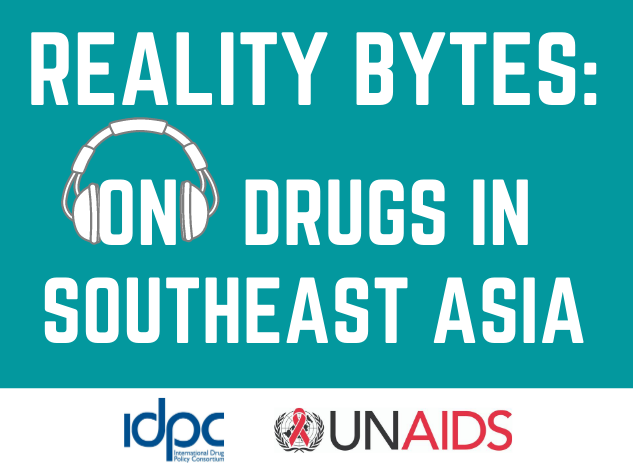PRESS RELEASE: UNAIDS launches AUD 2.7 million program to support acceleration of HIV response in Indonesia
JAKARTA, 10 September 2021: UNAIDS in partnership with Australia has launched a new AUD2.7 million program in Indonesia. The program will support community-led organisations to improve prevention and testing services and address inequality, stigma, and discrimination for people living with HIV.
This Indonesia program is part of Australia’s new partnership with UNAIDS in the Indo-Pacific region which is valued at AUD11.65 million.
The Joint United Nations Programme on HIV/AIDS (UNAIDS) is a key partner for Australia and Indonesia in this important work. Four decades since the first reported case of AIDS in the world, HIV and AIDS remains unfinished business, with new HIV infections and AIDS-related deaths still high in the region, including in Indonesia.
The latest UNAIDS data estimated 28,000 new HIV infections in Indonesia in 2020. While the rate of new infections is declining, Indonesia’s 43% reduction rate falls short of the global target of 90% reduction in new infections since 2010.
UNAIDS Country Director for Indonesia, Ms Krittayawan Boonto, said, “Countries that have successfully responded to HIV have proven the importance of evidence-based HIV programs which are led by strong communities and supported by laws and policies that respect human rights and gender equality. To meet such ambitious global targets, Indonesia needs some game changers to address the current gaps and barriers critical to HIV response. We are pleased that Australia’s three-year investment will contribute to such game changers.”
The support from Australia will support HIV programmes in Indonesia led by the Ministry of Health in collaboration with community-led organisations.
Dr Siti Nadia Tarmizi, Director of Prevention and Control of Directly Transmitted Communicable Diseases, Ministry of Health of Indonesia said, “Despite the on-going COVID-19 pandemic, our response to the HIV epidemic cannot be forgotten. With the support from development partners, such as UNAIDS and Australia, we will continue with our efforts to meet the goal of zero new infections, zero AIDS-related deaths and zero discrimination by 2030, by providing more comprehensive prevention services with the introduction of Pre-Exposure Prophylaxis (PrEP) in high burden cities in Indonesia.”
Specifically, the grant will contribute to increase the range and availability of HIV testing and prevention services such as PrEP and community-based HIV screening; support civil society organisations to advocate for laws and policies that improve access to health services for people living with HIV and vulnerable populations; as well as support community-led organisations to access local funding, monitor and advocate for improved HIV services and reach under-serviced key populations.
“Communities play an essential role in delivering HIV services, monitoring the quality, availability, and acceptability of HIV services, and advocating for the fulfilment of the rights of People Living with HIV. In the time of COVID-19, communities also step up to help those who are facing difficulties accessing basic needs and services. Unfortunately, these important works are not always sufficiently and sustainably financed. The investment from the Australian government will support and build the capacity of networks of People Living with HIV as well as key affected populations to do this essential work,” said Meirinda Sebayang, National Secretariat Chair, from Jaringan Indonesia Positif or the Indonesia Positive Network.
Contact
UNAIDS Indonesia | Ingrid Silalahi | Silalahii@unaids.org | +6281381042418
About us
The Joint United Nations Programme on HIV/AIDS (UNAIDS) leads and inspires the world to achieve its shared vision of zero new HIV infections, zero discrimination and zero AIDS-related deaths. UNAIDS unites the efforts of 11 UN organizations—UNHCR, UNICEF, WFP, UNDP, UNFPA, UNODC, UN Women, ILO, UNESCO, WHO and the World Bank—and works closely with global and national partners towards ending the AIDS epidemic by 2030 as part of the Sustainable Development Goals. Learn more at unaids.org and connect with us on Facebook, Twitter, Instagram and YouTube.
 UNAIDS Asia-Pacific
UNAIDS Asia-Pacific 



